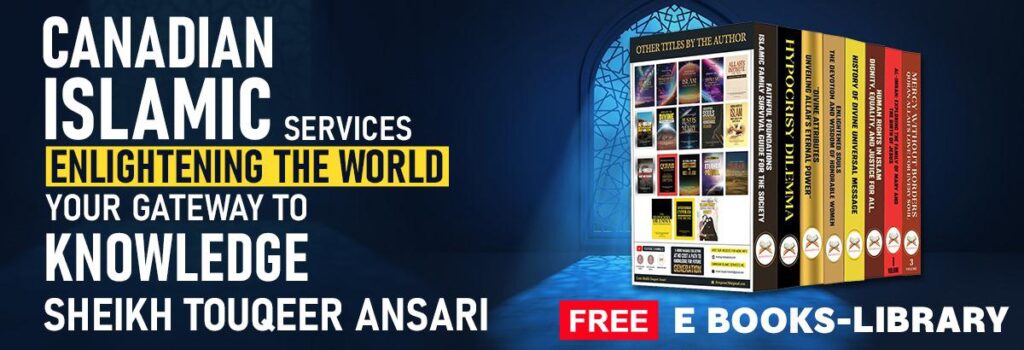
The Birth and Early Life of Muhammad: A Monotheistic Legacy
The birth and early life of Prophet Muhammad (peace be upon him) is a narrative rich with miraculous events and divine guidance. These extraordinary occurrences not only serve as a testament to the monotheistic legacy of the Prophet but also convey profound messages about his mission and purpose.
The Year of the Elephant: Divine Protection
Prophet Muhammad was born in the year 570 CE in the city of Mecca, located in the Arabian Peninsula. His birth coincided with an event known as the “Year of the Elephant.” Abraha, the Abyssinian ruler of Yemen, had set out to destroy the Kaaba in Mecca. However, a miraculous intervention occurred when Abraha’s army, along with elephants, was thwarted from entering Mecca. Birds dropped stones upon them, causing their defeat. This event, mentioned in the Quran, is seen as divine protection for the city and a precursor to the arrival of the Prophet.
Orphanhood and the Custodianship of His Grandfather: Abd al-Muttalib
Tragically, Muhammad lost his father, Abdullah, before his birth and his mother, Amina, when he was just six years old. He was then entrusted to the care of his grandfather, Abd al-Muttalib, who was known for his respected position in Meccan society. The Prophet’s early life was marked by the loss of his parents and his subsequent upbringing by his grandfather.
The Custodianship of His Uncle: Abu Talib
After the passing of his grandfather, Muhammad came under the custodianship of his uncle, Abu Talib. Despite the financial and social challenges they faced, Muhammad grew up to be known as Al-Amin (the trustworthy) and Al-Sadiq (the truthful). These attributes foreshadowed his future role as a prophet entrusted with a divine message.
The Cave Hira and the Revelation: A Turning Point
One of the most significant events in the early life of Prophet Muhammad occurred when he was in his early forties. Seeking solitude and contemplation, he would retreat to the Cave Hira on the outskirts of Mecca. It was during one of these moments of reflection, in the year 610 CE, that he received the first revelation from Allah through the Angel Gabriel. The revelation began with the command, “Read!”
This event marked the beginning of the prophethood of Muhammad and the revelation of the Quran, the holy scripture of Islam. It signaled the end of the age of prophetic silence and the dawn of a new era of divine guidance.
The Mission of Monotheism: Preaching the Message
Prophet Muhammad’s mission, which began with the revelation in the Cave Hira, was clear—to call the people of Mecca and the Arabian Peninsula to the worship of the one true God, Allah Almighty. He was chosen as the final messenger, the seal of prophethood, and the bearer of a universal message for all of mankind.
Over the course of 23 years, the revelations continued, guiding the Prophet and his companions to live a life in accordance with monotheism, justice, and compassion. The Quran provided comprehensive guidance on all aspects of life, including worship, ethics, social justice, and governance.
Conclusion: A Monotheistic Legacy
The birth and early life of Prophet Muhammad are marked by miraculous events and divine guidance. From the Year of the Elephant to the revelation in the Cave Hira, these events serve as powerful reminders of the monotheistic legacy of the Prophet and his profound mission—to call people to the worship of the one true God, Allah, and to uphold justice, compassion, and moral values.
Through his unwavering dedication to monotheism and his role as the final prophet, Prophet Muhammad (peace be upon him) left a legacy that continues to inspire and guide millions of people worldwide. His life story is a testament to the enduring message of Islam—a message of monotheism, peace, and the pursuit of righteousness for all of mankind.
©2023 – 2024 All Rights Reserved | Sheikh Touqeer Ansari | Design by Hassan Raza



